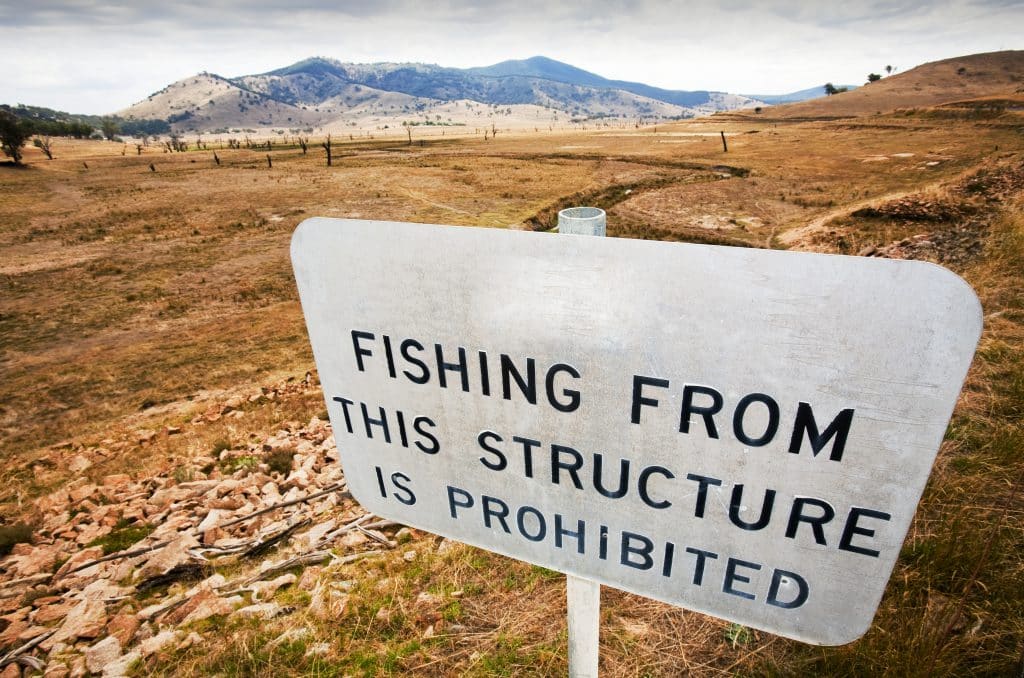In the run-up to the publication of our report Climate Justice: African Perspectives the FMS interviewed several activists, politicians and experts working on climate justice (climate justice). For what does climate justice mean to them? And how are they committed to it? The second in this series is Bertram Zagema, policy advisor and researcher at Oxfam Novib.
What is climate justice according to you?
"Climate justice is about a lot of things. The climate crisis is essentially an injustice. Because there are many people who are responsible for it, but even more people who have neither part nor share in it. That second group is - now and in the future - the most affected by climate change. On top of that, the resources needed to deal with the consequences of climate change are unevenly distributed. Some people have solid houses and good bank accounts, but many also do not. Even within a country like Mozambique, you have a group of people who have become rich from the gas extraction that takes place there. If that country is hit by a hurricane, that group lives in sturdy houses, but other groups are driven off their land. So that inequality exists between countries, especially between north and south, but also within countries. Even within families and and communities, that inequality exists because women are hit harder. Climate justice is about fighting these fundamental injustices."
What is the role of the Netherlands in this?
"First and foremost, the Netherlands has a mission to ensure that climate change is limited as much as possible, by making the transition very quickly to a low carbon economy. We also have a duty to help developing countries make that transition.
But we also need to change our own behaviour. We, as the Netherlands, make a very strong claim on the world's resources, for example land use. Land is incredibly important for people to resist with climate change. After all, the transition we need to make requires renewable energy sources. It takes land to produce them, so the demand for land is only going to increase. If we stick to our current mode of consumption, it will be at the expense of people elsewhere in the world."
Are African perspectives included enough in climate policy making?
"Well, hardly at all actually. Really very little. If you just look at the Dutch Climate Agreement. Its contents were negotiated at five tables. At each table, biofuel was put forward as a solution. In this way, the Climate Agreement increases the pressure on land elsewhere in the world, for example Africa, in all sorts of ways. That African perspectives were missing from every table was clear.
In other climate negotiations, for instance at the European level, African negotiators also play too modest a role. Or they get too little hearing. From the African perspective, for example, the subject of loss and damage very important. This is about helping countries that suffer from damage caused by climate change to do so financially. Instead of going into debt. But this is often kept off the agenda.
On climate finance - despite the problems there - there have been substantial pledges, such as the $100 billion annual pledge. So there is movement on that front. At loss and damage is still lying still."
Why is it important to include African perspectives?
"Oxfam Novib is working a lot with southern partners and African movements, and wants to make their voices clearer at climate conferences and in the public debate.... Specifically, we are working with women's networks and youth networks to strengthen the climate movement in Africa. This is because it is very important that governments in African countries feel pressure from their populations to take climate action. If that support is not there, then it is tempting to take easier - and less sustainable - routes to develop your economy."
Besides support, substantial investment is needed to sustainably develop the economy in these countries. What is still going wrong there?
"Oxfam has produced three shadow reports in recent years on climate finance from rich countries to poor countries. That reporting shows that countries are massively overreporting their financing, both in terms of climate relevance - i.e. a distorted picture of what the financing actually contributes to climate action - but also in terms of the type of support - as more and more is given in the form of loans. These are often non-concessional loans. These are loans on market terms, and thus with higher interest rates.
There is usually no revenue model in taking adaptation measures to resist climate change. So a country does not have the means to earn back a loan, especially if interest is added to it. It therefore seems to me a good idea to cancel debts of developing countries, especially in the case of climate emergencies. If a country has to cough up a large sum of money in a disaster caused by climate change, we should not demand that it also be repaid.
It is also important that community-led organisations can access the money. Even governments and ministries in some countries cannot access the Green Climate Fund [one of the main instruments for climate support to poor countries, ed.] because they are not accredited. They depend on intervention by an international organisation for this. So never mind civil society organisations coming in to that fund. Those conditions of those kinds of funds need to be softer and more inclusive."
You have read the FMS's climate study. Which recommendation stands out?
"Your recommendation that at least half of climate aid should go to adaptation measures. I totally agree with that. I would even go a step further on that - it should be more than half. Because we also count private climate finance just to meet the 100 billion pledge. Private investment goes mostly to profitable mitigation projects [projects to combat climate change, such as wind turbines, ed.]. Much more public money needs to go to adaptation - adaptation measures - to protect communities from climate change.
Even better would be to pull it apart altogether, and make a separate pledge for both mitigation and adaptation. The current pledge of 100 billion ends in 2025. After that, there should be a separate target for adaptation. This is most needed in the most vulnerable countries.
This issue should therefore be at the top of the agenda at this year's Glasgow Climate Conference. Developing countries are dissatisfied - they realise that this pledge is not being implemented, even though it was such an important part of the Paris Agreement. So that pledge really needs to be held up to the light in November."
The report 'Climate Justice: African Perspectives' by the Max van der Stoel Foundation and the Foundation for European Progressive Studies (FEPS) highlights African perspectives on climate change, calling for a place at the table for these voices in making fair climate policies. The publication is expected in September this year.
Photo: Ashley Cooper




